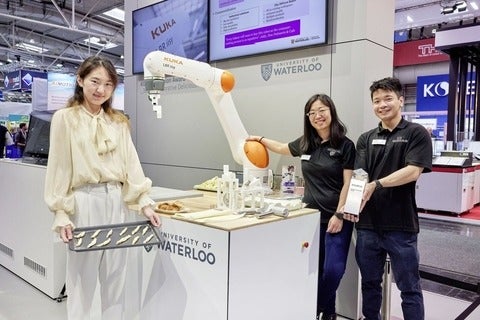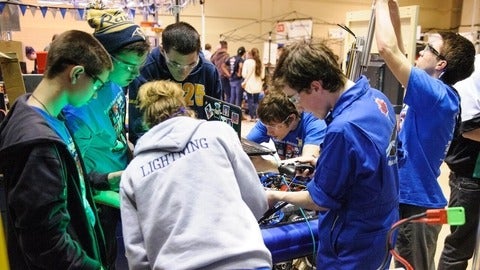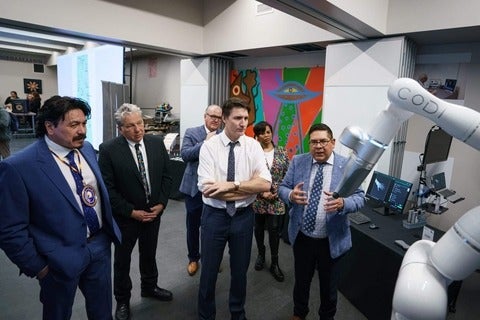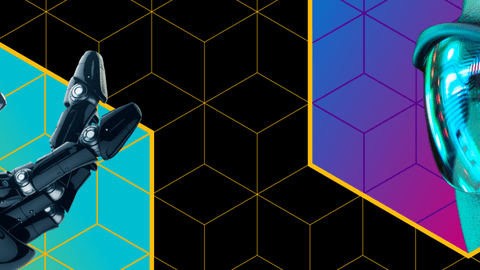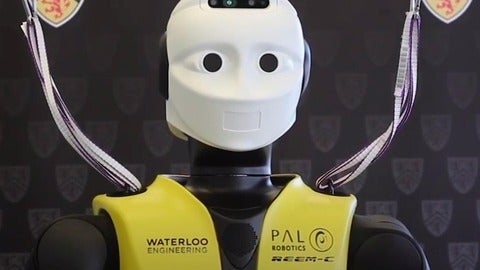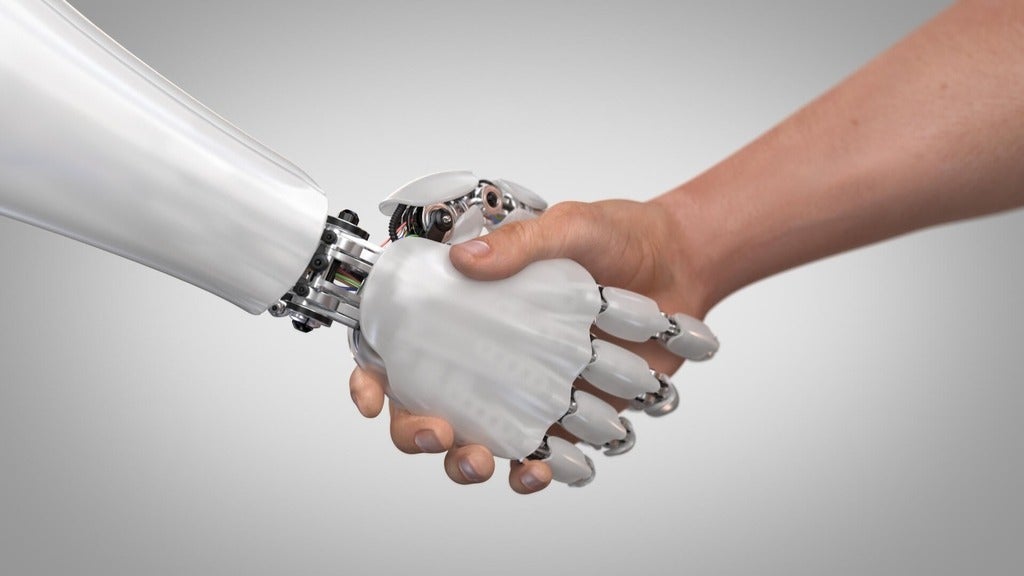RoboHub Research: Researchers develop a social robot to aid ‘lazy eye’ treatment
An interdisciplinary research team at the University of Waterloo is working to improve treatment adherence for a children’s eye condition with the help of a social robot.
Dr. Kerstin Dautenhahn, a professor in the Department of Electrical and Computer Engineering and Ali Yamini (MASc ‘22, electrical and computer engineering) joined colleagues with backgrounds in optometry and psychology to develop this novel treatment for ‘lazy eye’.


